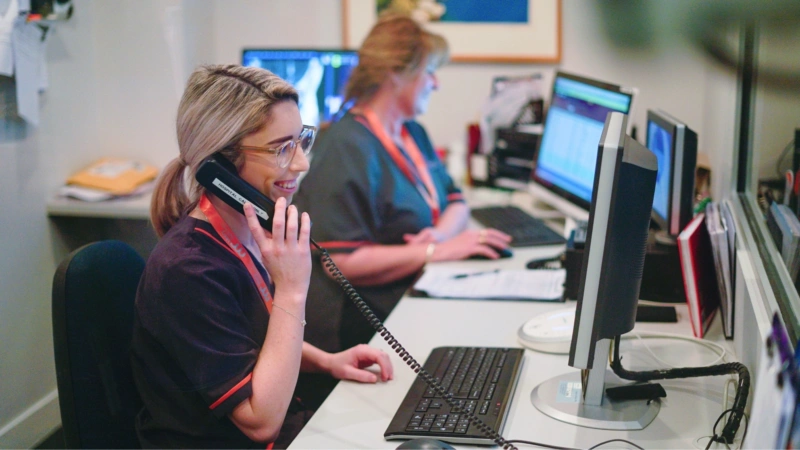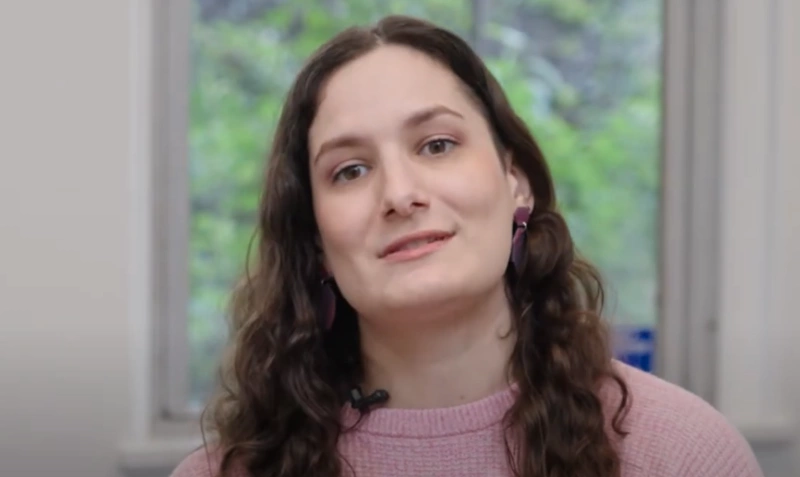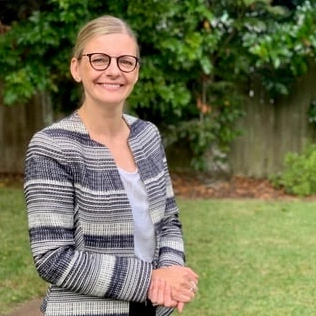Assessment and treatment of breast lumps, pain, breast cancer, and surgical procedures for both women and men.

Our patients are supported by our partners such as Allevia Hospitals and Auckland Radiation Oncology (ARO) and our collaborations with each other organisations such as Canopy Care, to provide excellent oncology care.
Our team of experts are working together to offer comprehensive care, focused on the best outcomes for our patients. From screening and detection to post-surgery care, Allevia Breast Institute is with you every step of the way.
We journey with patients from initial consultation, to imaging testing and diagnosis, all on the same day and all in one place. Our patients have access to a multi-disciplinary team that includes mammographers, sonographers, breast-specialist nurses, breast surgeons, breast specialist radiologists and oncology specialists
FAQ's
Do I need a doctor’s referral for an appointment?
Do I need a doctor’s referral for an appointment?
If you are under 40 years old, in most cases a referral from a GP or specialist is required. If you are over 40, referrals are generally not required. However, we need the name of your medical provider (GP or specialist).
How long will my mammogram take?
How long will my mammogram take?
It’s a good idea to allow 30min – 1 hour. Unexpected delays can occur but if there is a delay our reception team will let you know as soon as possible.
What should I wear?
What should I wear?
Wear comfortable clothing and we suggest it is best to wear a skirt or trousers rather than a dress.
Why a mammogram?
Why a mammogram?
A mammogram is still the best procedure for detecting small lumps (and other changes) that can’t be felt by hand. It uses low-dose x-rays to create images of the breast tissue to reveal any abnormalities or problem areas.
What age should I start getting mammograms?
What age should I start getting mammograms?
At Allevia Breast Institute, we recommend that women aged 40-50 get a mammogram every year and women over 50, every second year. If you have a higher risk of developing breast cancer, speak to us about when you should start having regular mammograms.
What happens during the mammogram procedure?
What happens during the mammogram procedure?
Firstly, we’ll ask you to undress above the waist and provide you with a wrap to put on. Next, one of our mammographers will ready the machine’s plates and position your breasts up onto the plates. The upper plate will then be lowered, compressing your breasts for a short period of time while our specialist takes x-ray pictures. You may feel slight discomfort when your breasts are flattened between the plates – if it becomes too unbearable please tell us. The entire procedure will take approximately 20 minutes – with the actual breast compression lasting only a few seconds.
What should I do or tell the mammographer before my mammogram?
What should I do or tell the mammographer before my mammogram?
Many women schedule their mammograms around their period cycle. The days leading up to your period, or during your flow, can make your breasts more tender. If you are experiencing or have experienced any breast changes or problems please talk to us about these before your mammogram. It’s also important that you inform us about any medical history that could affect your breast cancer risk—such as breast cancer in your family or hormone risk, or if you are pregnant or breastfeeding.
What is a 3D Mammogram/Tomosynthesis?
What is a 3D Mammogram/Tomosynthesis?
What do we mean by Dense Breast?
What do we mean by Dense Breast?
Breast Density is a measure of the amount of fibrous and glandular tissue in the breast compared with the amount of fatty tissue. A dense breast has a high proportion of fibrous and glandular tissue and a low proportion of fatty tissue.
How do I know if I have dense breast?
A mammogram is the only way to determine breast density. At Allevia Radiology and Allevia Breast Institute we use Volpara software to measure your breast density.
What do dense breasts look like on a mammogram?
Fibrous and glandular tissue appears white on a mammogram, so do some cancers. There is a potential for small tumors to be hidden behind dense tissue.
Why is it important to know my breast density?
Women with a high breast density have a slight increase risk of developing breast cancer. Whilst there is nothing you can do to change your breast density, having this information will guide recommendations regarding frequency of breast screening and whether supplementary imaging such as ultrasound or MRI would be of value.

Ready to get started?

Imaging expertise
Surgery expertise
Meet our team of radiologists and surgeons committed to your care












